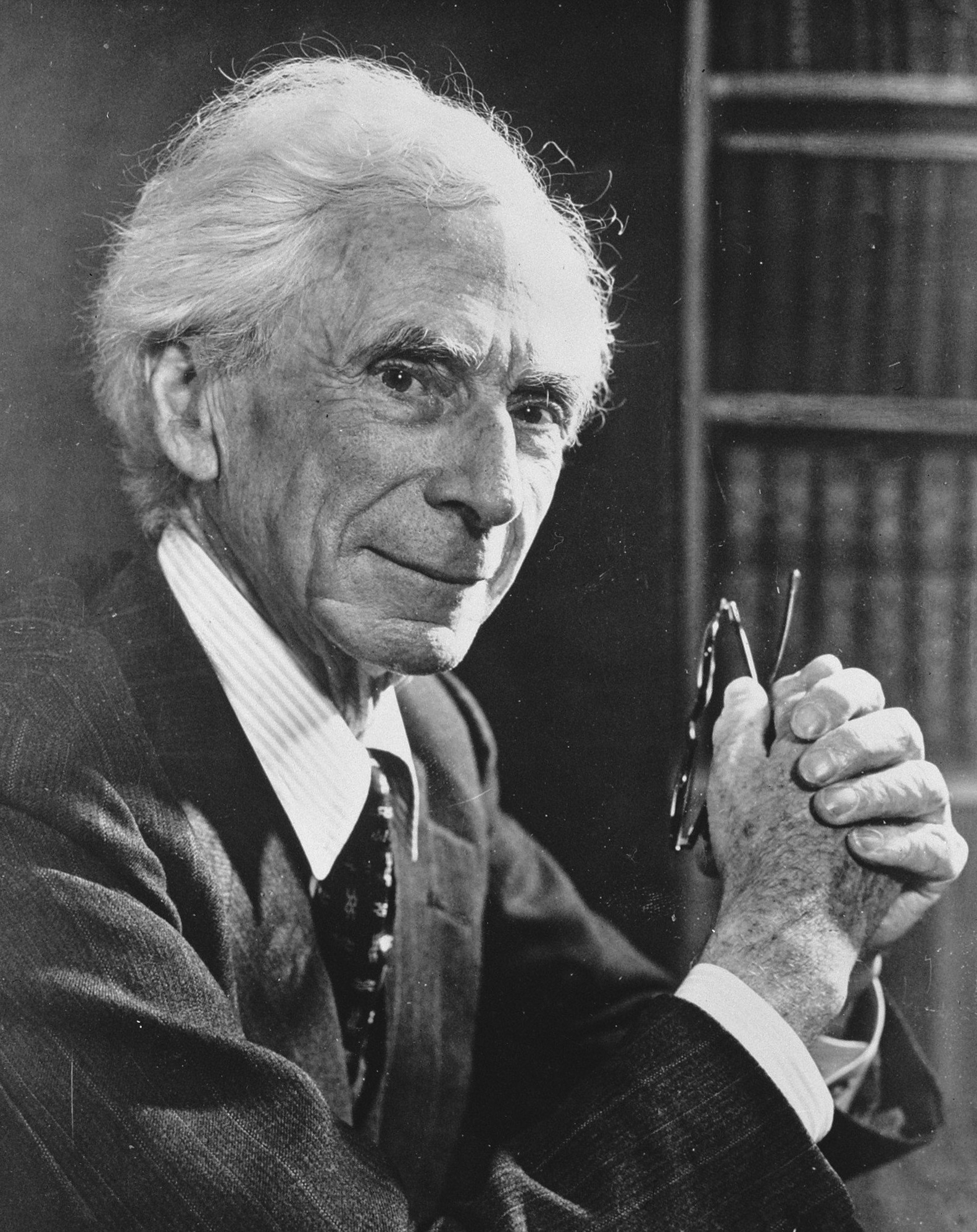Introduction
The human problems are discussed in a subtle manner in the tutorial. Humans’ warm words and deeds are propelled by an invisible force; we may call it emotion. In this way, we are aided in keeping on with our lives. Powers such as wealth, popularity, and influence are discussed along with many more. But, for many people, the simple things mean more.

Bertrand Russell
Summary
Love, knowledge, and anguish over the plight of humanity are the three primary topics covered in “Three Interests I Have Lived For.” During the course of his life, the inventor experiments with what each of these things means to him, ultimately revealing that the one he craves most is love. The author believes love to be a marvellous and magnificent phenomenon that has the power to violate him with euphoria.
Bertrand’s lonely thoughts can be banished thanks to his loved ones’ devotion. Bertrand’s pain in the chest can be alleviated by the love of those around him. It was the sensation of love that would eventually take him to heaven.
Know-how, according to Bertrand, is the second component. He has an insatiable curiosity in people’s innermost thoughts and wants to know why the stars shine so brightly in the night sky. He wants very much to learn everything there is to know about the Earth.
Having sought both love and knowledge, Bertrand claims that it is compassion that brings him back to earth just as he is about to arrive in heaven. The impact of harmful things on humans must feel lonely and dismal since they are meant to be people.
Bertrand, motivated by his admiration and his need for knowledge, investigates the factors that make a trusting lifestyle possible. Bertrand has the courage to face his past and make peace with it. He suffers from life’s misfortunes since he is aware that he is helpless against them.
Conclusion
There are many things in human existence that are soul-nourishing, and just as many things that are soul-crushing, showing us the opposite side of the same coin. It’s on us to figure out which values and motivations will guide our daily actions.
Textbook Question and Answers
1. Why does Russell call the three passions ‘simple’?
Ans. Bertrand didn’t want cash and popularity, he wanted simple things. He wanted affection. He accepted love was the main thing and he wedded multiple times to tell. The second is yearning for information, he was a mathematician continuously searching for new things to learn. The third is an insufferable pity for humankind. He was thoughtful towards human affliction.
2. Why has he compared the three passions to great winds?
Ans. Like wind is a driving force in nature, in the same way, passion is in our lives. The three enthusiasms significant in his life were love, information, and pity for human existence. The initial two characteristics raise him to paradise and the third quality takes him back to the land.
3. What, according to Russell, is the importance of love in life?
Ans. Russell accepts that adoration brings rapture into his life. Love can make a paradise on earth. It has an extraordinary ability to impact your general surroundings. The satisfaction that adoration brings is the best of all; nothing can match that bliss. Love lets one free from forlornness and puts another otherworldly aspect to life.
4. How does Russell’s definition of knowledge differ from what is commonly understood by the term?
Ans. He continually looks for information to broaden his area of interest. He was the person who gave the world the Pythagorean hypothesis, it is quite possibly the main equation. He believed he accepted not as much as what he had focused on.
5. Why is the quality of pity earth-bound while the other two passions are elevating?
Ans. The two energies, love and eagerness to learn, raised him to paradise. However, the third enthusiasm for pity for human suffering brought him back to the bottom. All the misery and sobbing for help and starvation constrained him to get once again to the earth. He was against the universal conflict as it brought obliteration and powerlessness. He longed for an idealistic world, an ideal reality where people live as a unified whole with practically no torment and illnesses.
6. How have the three passions contributed to the quality of Russell’s life?
Ans. The three interests in Russell’s life contributed hugely to its making. He found his life worth experiencing and had he been given an opportunity; he would have lived it once more. It was interesting as well as the three imperative ethics administering his life. These gave him bearings and were behind the entirety of his activities. Bertrand Russell trusted in affection, and information and felt sorry for them. Whether it was the suffering of women, children, poverty, hatred, or loneliness, the author felt the urge to work to get rid of them.
Extra Questions
1. What do we expect from life?
Ans. Since we believe that only wonderful things may improve our lives, we tend to ignore the fact that it is through the inevitable lows that we develop the resilience, perseverance, and compassion that are essential for making it through this world.
2. What kind of thing should a human existence be about?
Ans. Happiness and contentment were the uncomplicated results of pursuing love and learning. They, too, were on the road that leads to heaven. The narrator, though, always brought compassion back to the ground. The narrator feels the echoes of cries of horrific pain.
3. How do the interests influence the storyteller’s life?
Ans. According to the narrator, love is the key to reviving happiness. Because of his level of education, he was able to understand people and their stories. I feel bad that he had to learn the hard lessons of people’s annoying needs and the despair that comes with them. These pursuits gave him insight into what really mattered in life and helped direct him in a deliberate direction.